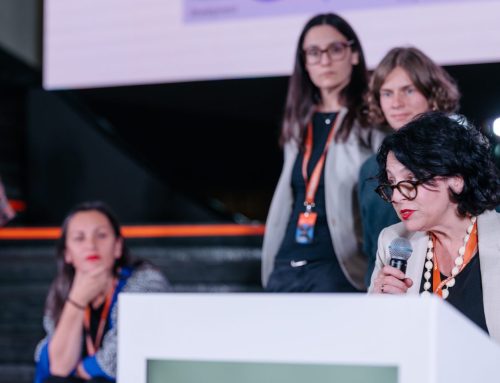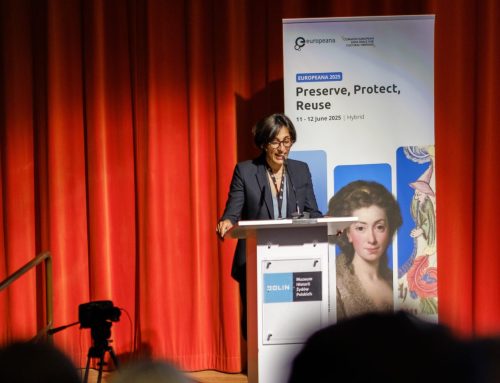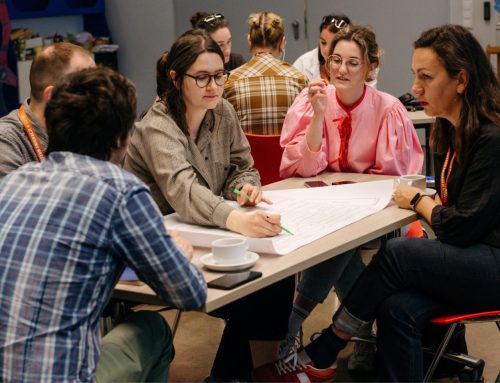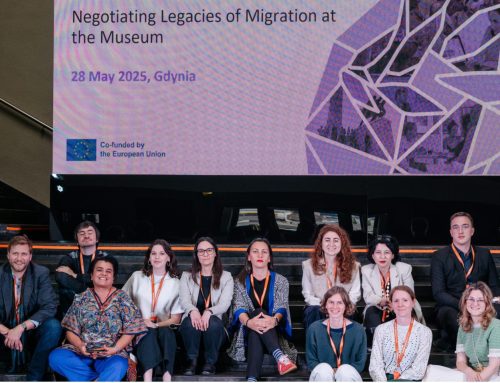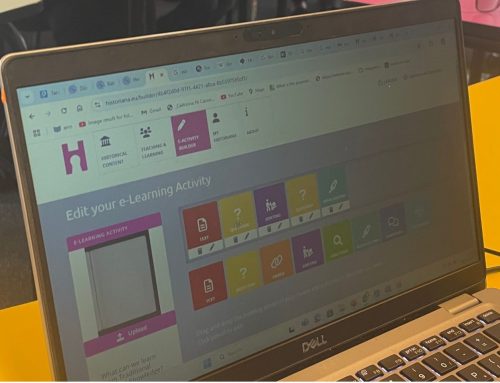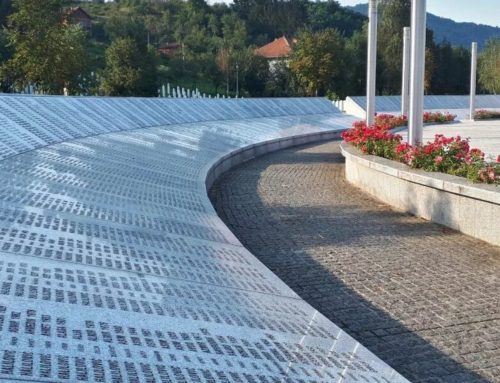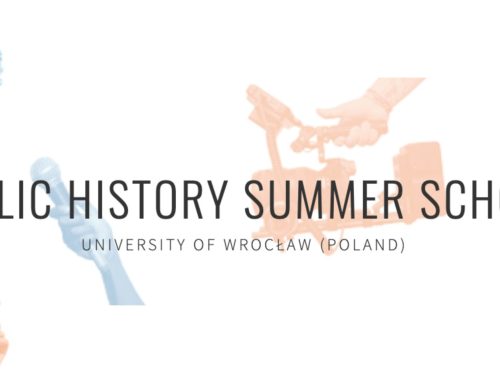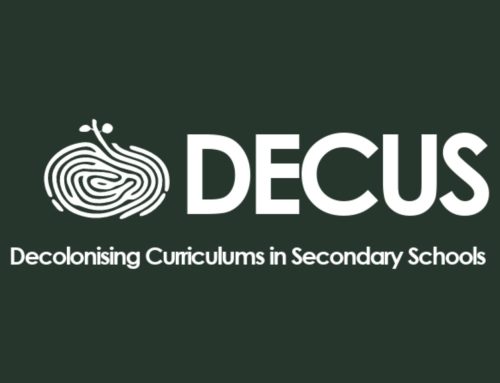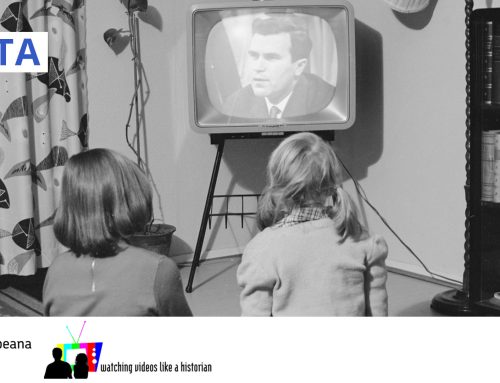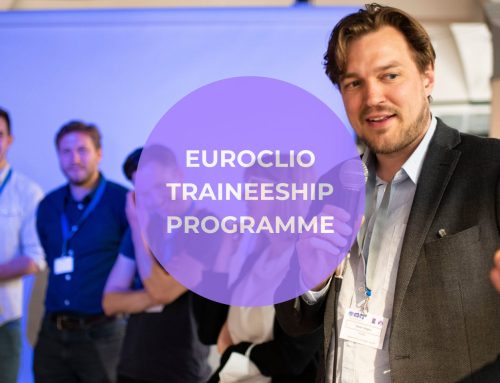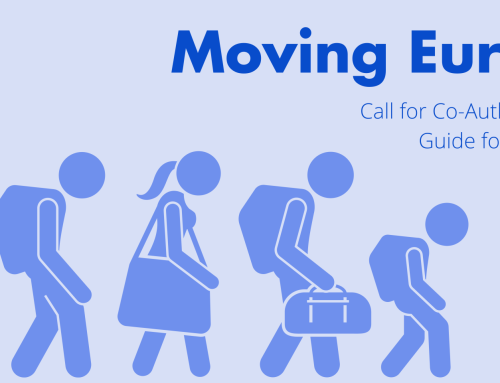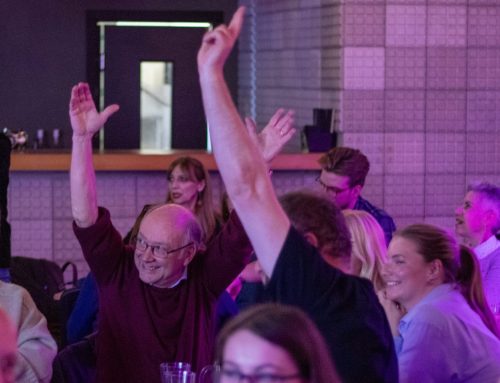The new report of the Special Rapporteur UN OHCHR on the cultural dimensions of the right to education or the right to education as a cultural right is now available, and EuroClio’s input is mentioned six times in the document.
The UN Special Rapporteur, Dr. Koumbou Boly Barry, calls for the right to education to be viewed as a cultural right – that is, as the right of each person to the cultural resources necessary to freely follow a process of identification, to experience mutually rewarding relations, to deal with the crucial challenges facing our world and to engage in the practices that make it possible to take ownership of and contribute to these resources. This cultural dimensions of the right to education is crucial to ensure that the universal right to inclusive and quality education is realized, as called for in Sustainable Development Goal 4.
Some of the contributions that have been considered from EuroClio are that intercultural education is important to address issues of national minorities and indigenous communities, as well as migrants and refugees. However, the situation varies by country – sometimes with a very small curriculum – where existing multicultural realities are not covered.
Moreover, some submissions emphasized the importance of giving schools a degree of freedom when it came to defining their learning program, with standard requirements for each subject by compulsory common topics but without defining specific learning content, which allows schools to take into account the cultural diversity of its students appropriate to their specific context. However, in many cases, education systems remain highly centralized and local actors are deprived of the opportunity to develop curricula that take into account cultural diversity and the local situation. Nevertheless, there are countries where alternative historical narratives have developed as a result of national policies on minorities.
In any case, what is unique about this approach is its conception of educational life as a living relationship between actors (students, educators, organizations, and other associated actors) and collections of knowledge that form shared cultural resources, vectors of identity, values and meaning, without which action is impossible.


